US President Joe Biden faces a polarised electorate and poor approval ratings ahead of the November presidential election. British Prime Minister Rishi Sunak faces an even tougher task ahead of next month's national election.
The leaders of France and Germany are reeling after recent defeats in European elections, and referendum results have been bleak for the prime ministers of Canada and Japan.
It seems that only the host country's leader, Italian head of state Giorgia Meloni, will be present at the conference in high spirits after winning the EU elections in Italy, but political analysts say she will also be unlikely to achieve significant results at the conference held at the Borgo Egnazia resort.
“As the host of the G7, she wants to welcome powerful leaders,” said Francesco Galietti, founder of the political risk analysis firm Policy Sonar. “If the guests are weak officials, she will have little success.”
“If they don't have power at home, how can they have power internationally?”
The leaders of the world’s largest democracies face a formidable agenda for the June 13-15 meeting — including the wars in Ukraine and the Middle East, the trade imbalance with China, the risks of artificial intelligence, and the challenges of African development.
They will also host an unusually large number of outside guests, including Pope Francis and leaders of the world’s biggest regional powers, including India, Brazil, Argentina, Turkey, Algeria and Kenya. Saudi Arabia’s Prince Mohammed bin Salman had also planned to attend, but Italy said on Tuesday he had canceled his plans without giving a reason.
“The G7 is a gathering of countries with a common vision of fundamental standards and principles, but it is not a closed citadel. It is open to the whole world,” said an Italian official who asked to remain anonymous.
Russia's frozen assets
Ahead of the conference, which begins on Thursday, diplomats are seeking to overcome a legal barrier that prevents countries from profiting from Russian assets frozen in Western countries.
Some 260 billion euros worth of Russian central bank funds are frozen around the world, mostly in European Union countries.
Some EU governments want to use the proceeds to help Ukraine, while the US has a more ambitious plan, calling for using the proceeds to propose a multi-year loan worth up to $50 billion.
“Of course that money is important, but it is also a signal, and our leaders this year have an opportunity to send a clear signal that (Russian President Vladimir) Putin cannot outsmart us,” Daleep Singh, a US diplomat who will attend the G7 summit, said this week.
Rome and Washington hope to strike a deal in Puglia, but a German official said this week that this was unlikely.
Despite disagreements on the issue, the G7 partners are almost unanimous in their need to confront Russia, and for the second year in a row, Ukrainian President Volodymyr Zelenskiy will attend the summit.
There is less harmony within this group of powers, however, on the issue of Israel and Hamas, with EU countries sharply divided between those who support Israel and those who support the Palestinians.
Similarly, differences between countries will be evident around discussions on China, with G7 leaders expected to express concerns about China’s huge industrial potential.
“Some European countries have deep economic ties with China and so we believe there will be less consensus on this issue than on other issues, for example on Russia,” said Raffaele Marchetti, professor of international relations at Rome’s Luiss University.
Nguyen Quang Minh (according to Reuters)
Source: https://www.nguoiduatin.vn/cac-lanh-dao-nhom-g7-gap-kho-khan-ve-nhung-van-de-quoc-te-a668077.html


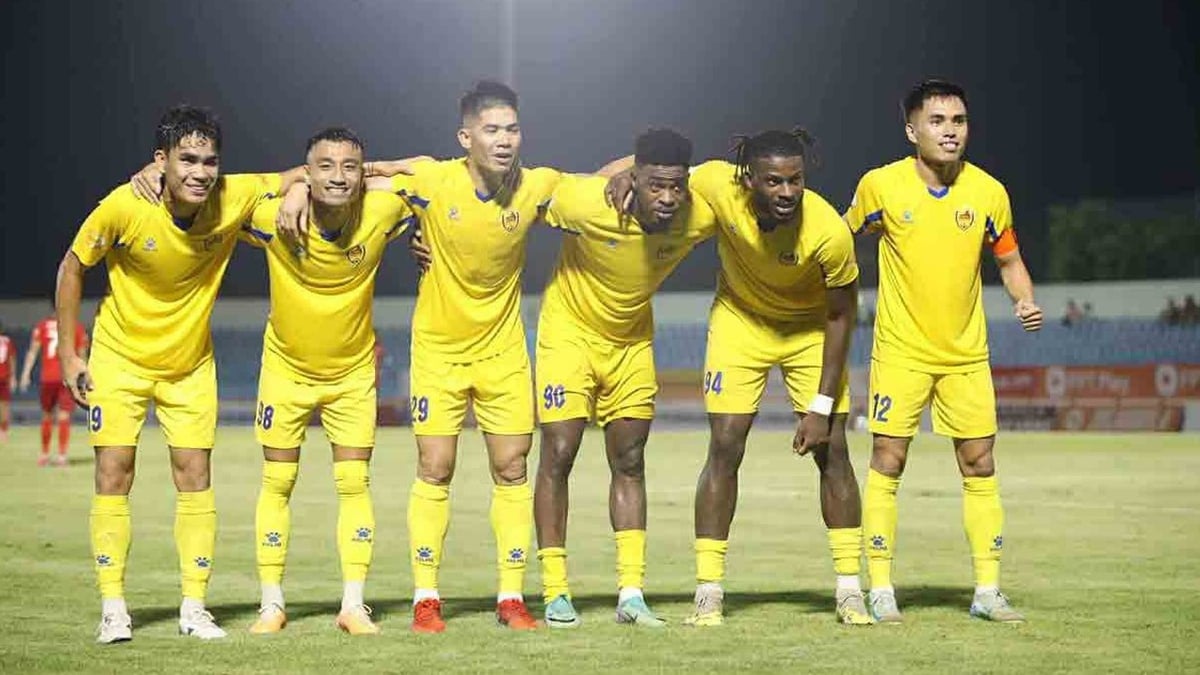

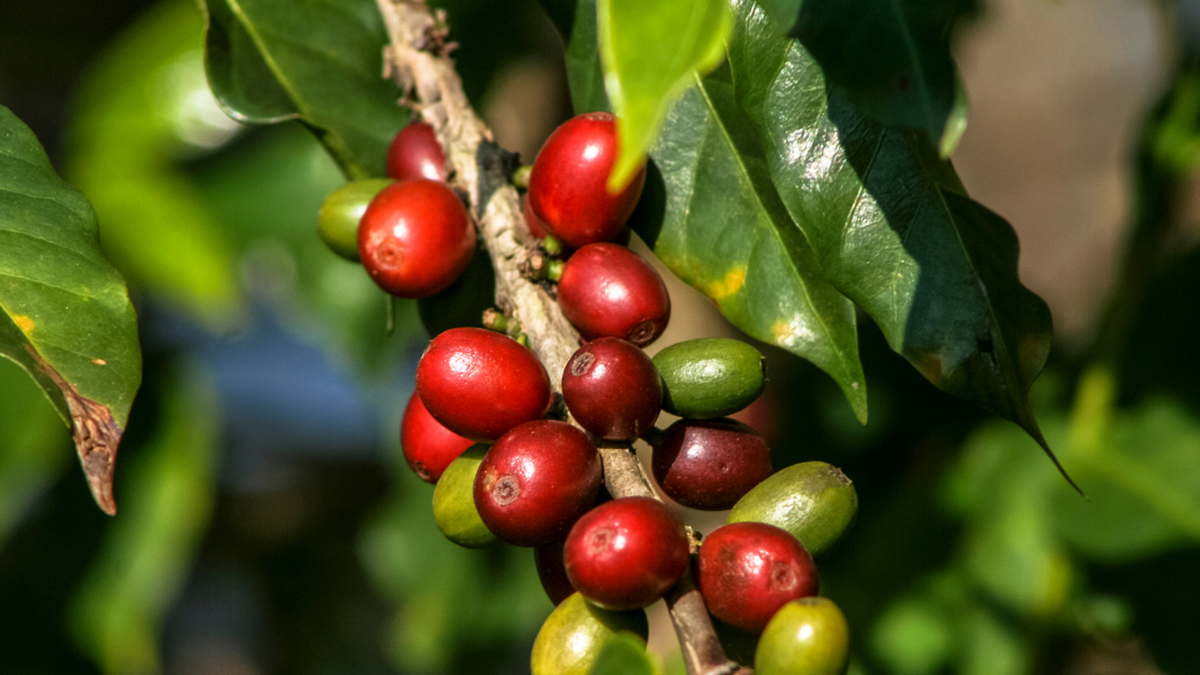

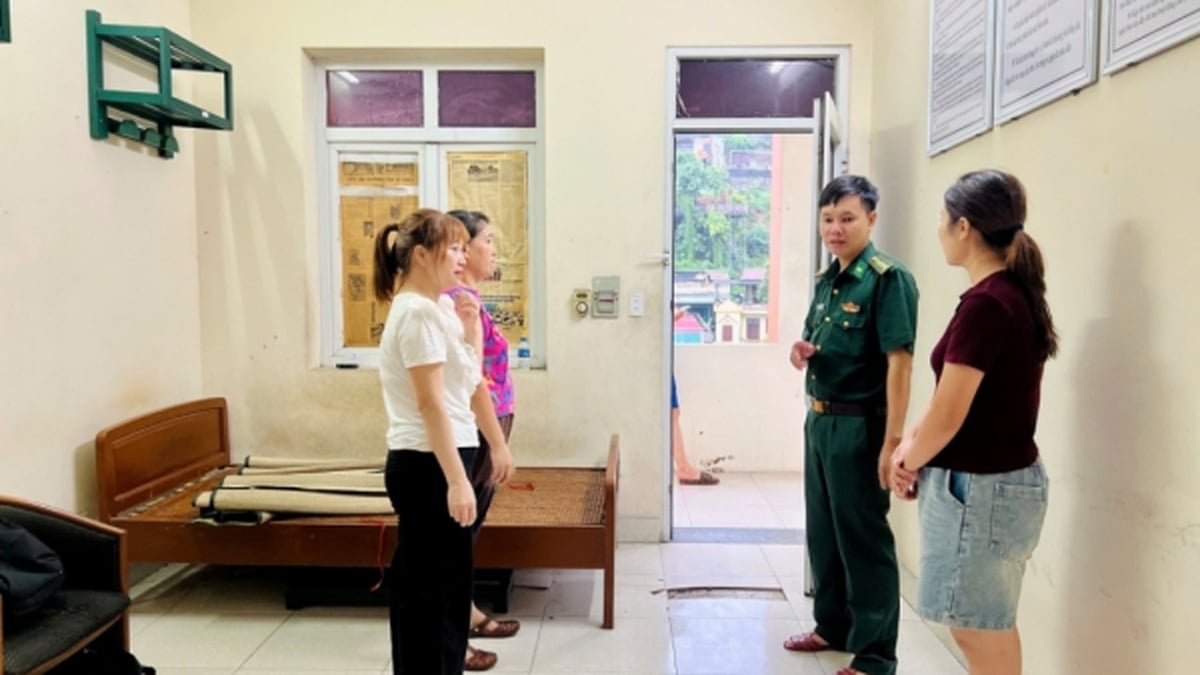

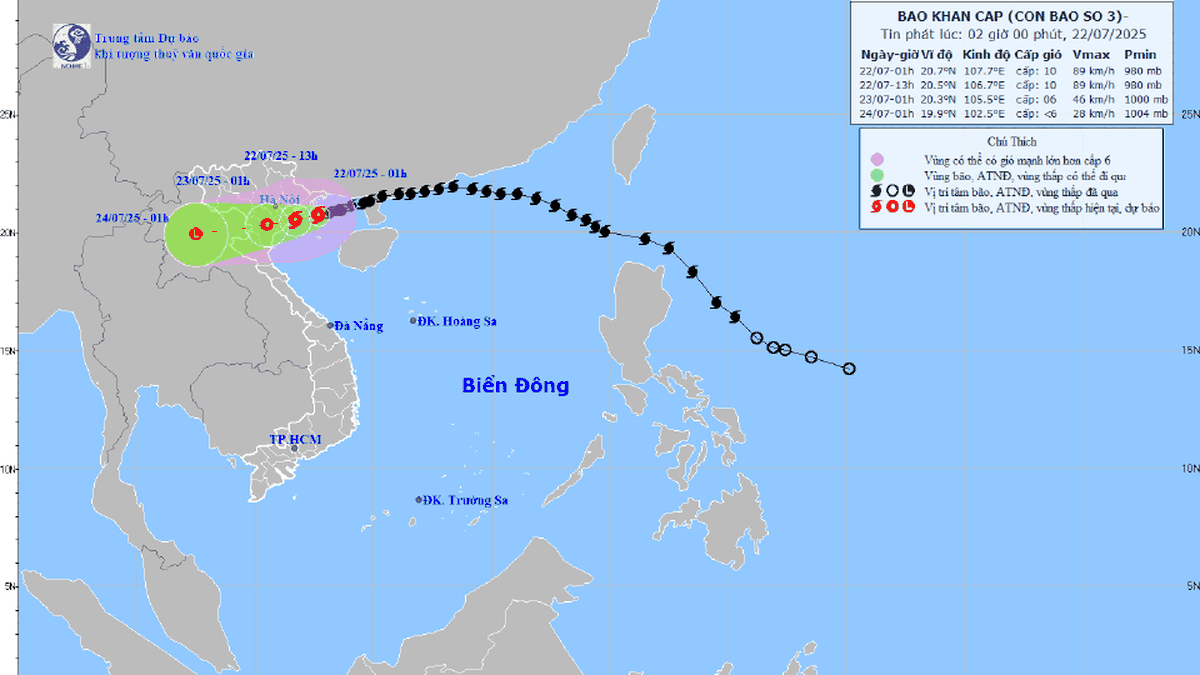
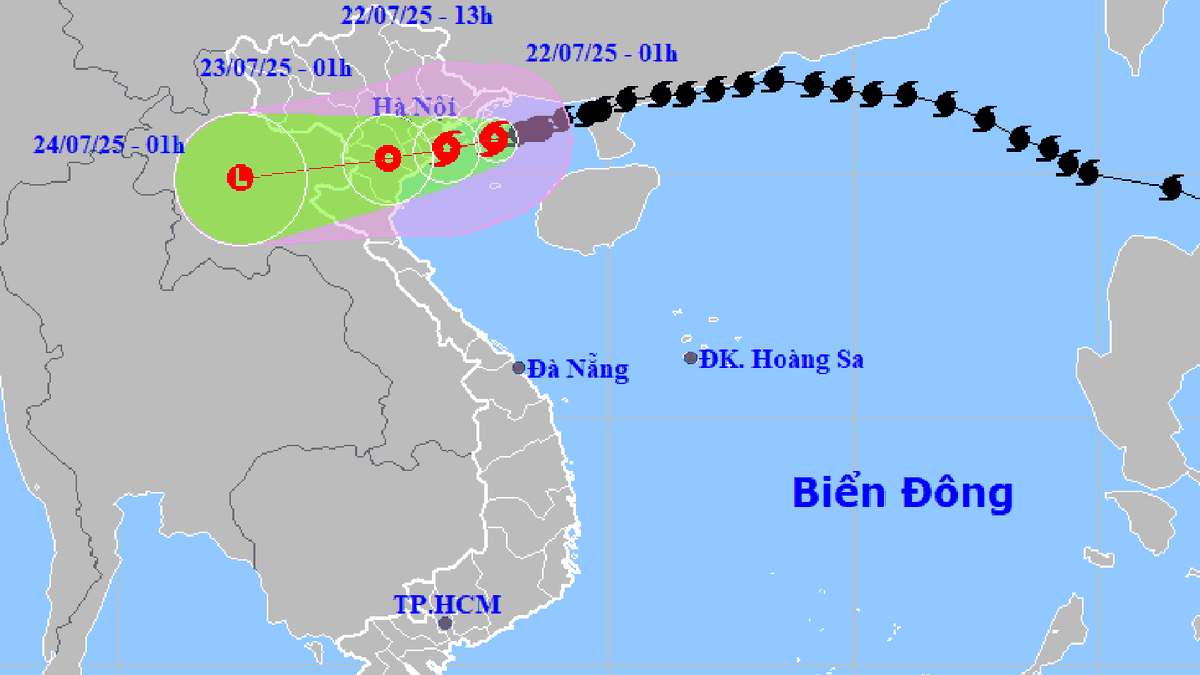
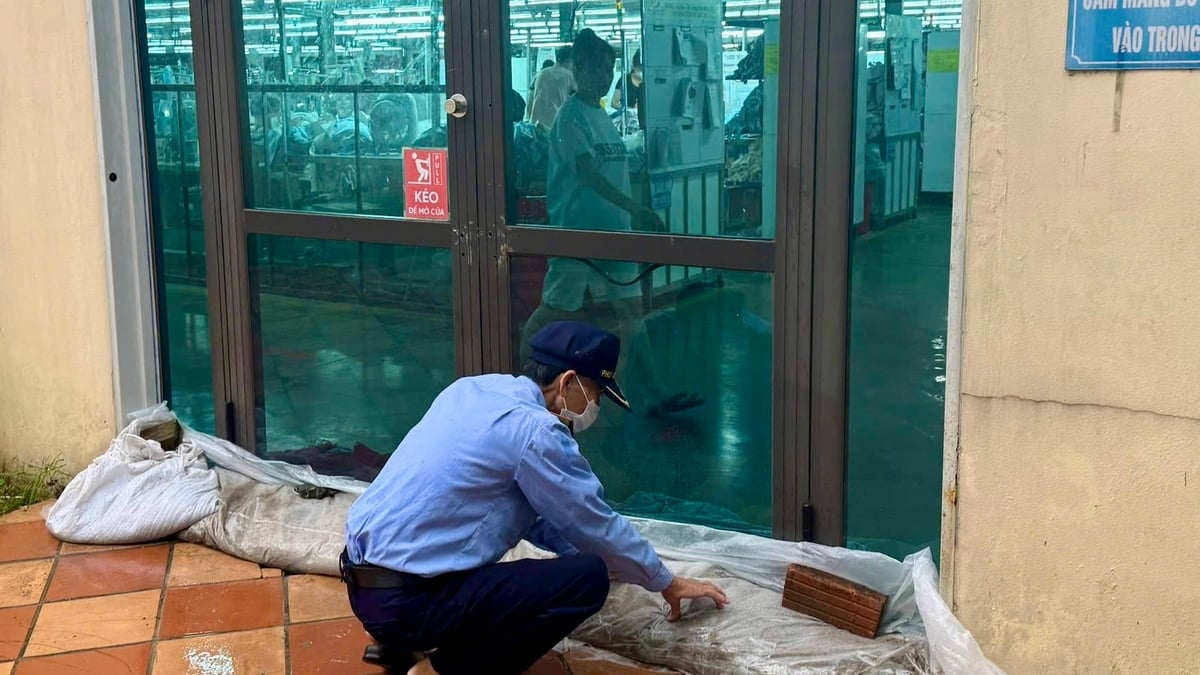
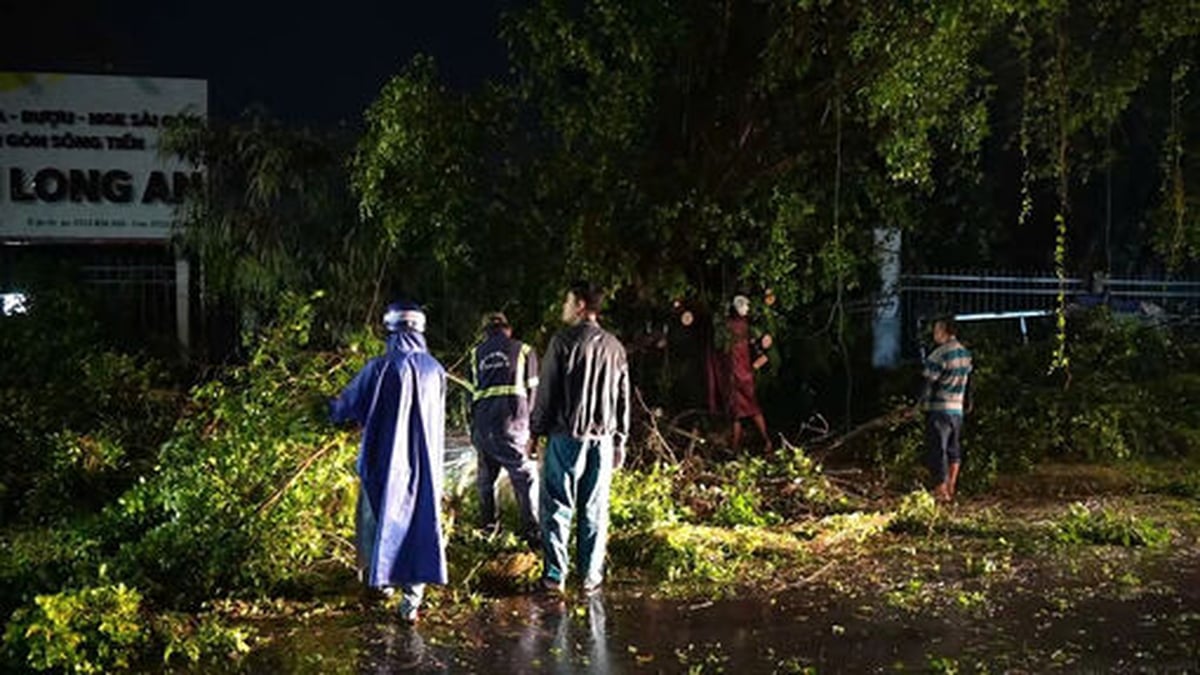

















![[Photo] National Assembly Chairman Tran Thanh Man visits Vietnamese Heroic Mother Ta Thi Tran](https://vphoto.vietnam.vn/thumb/1200x675/vietnam/resource/IMAGE/2025/7/20/765c0bd057dd44ad83ab89fe0255b783)








































































Comment (0)